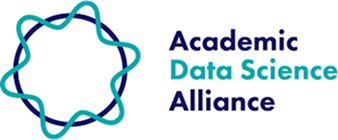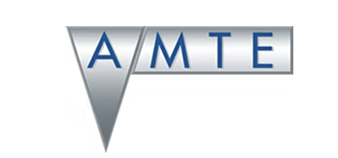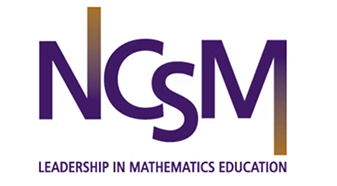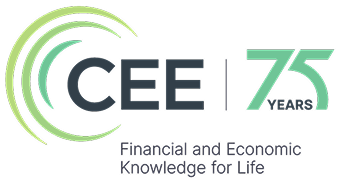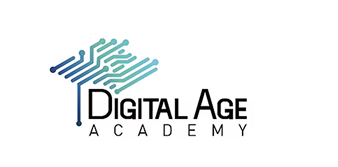Ethics of data collection & usage
Collect and use data ethically, considering privacy, fairness, and potential impacts.
K–2 Competencies
Understand that collecting data about people requires their permission. e.g., asking before writing down a classmates favorite color
Ask permission before sharing others’ information.
Classroom resources
Data Science Starter Kit Module 2: Getting Data Ready - Creation and Curation
Welcome to the hands-on world of data collection and organization! This module focuses on where data comes from and how to make it useful for investigation.🔗
Creation and Curation isn’t about turning your students into professional researchers. It’s about helping them understand that data doesn’t just appear—it’s collected by people making decisions about what to measure and how. Whether students are conducting their own surveys or using existing datasets, they need to understand how data gets from the messy real world into organized, analyzable formats.
3–5 Competencies
Recognize that personal information needs to be used respectfully and that this hasn’t always been done in the past.
Consider how data categories might affect different people in different ways. e.g., asking students about the language they speak at home and not including that language as an option may make students feel excluded
Classroom resources
Data Science Starter Kit Module 2: Getting Data Ready - Creation and Curation
Welcome to the hands-on world of data collection and organization! This module focuses on where data comes from and how to make it useful for investigation.🔗
Creation and Curation isn’t about turning your students into professional researchers. It’s about helping them understand that data doesn’t just appear—it’s collected by people making decisions about what to measure and how. Whether students are conducting their own surveys or using existing datasets, they need to understand how data gets from the messy real world into organized, analyzable formats.
6–8 Competencies
Design data collection methods that address privacy, consent, and fair representation of different groups.
Examine historical examples of harmful data practices to inform ethical data use.
Classroom resources
Data Science Starter Kit Module 2: Getting Data Ready - Creation and Curation
Welcome to the hands-on world of data collection and organization! This module focuses on where data comes from and how to make it useful for investigation.🔗
Creation and Curation isn’t about turning your students into professional researchers. It’s about helping them understand that data doesn’t just appear—it’s collected by people making decisions about what to measure and how. Whether students are conducting their own surveys or using existing datasets, they need to understand how data gets from the messy real world into organized, analyzable formats.
9–10 Competencies
Evaluate and address ethical implications of data collection choices, including privacy, bias, and representation.
Analyze existing datasets for potential bias, discrimination, or unfair representation.
Classroom resources
Data Science Starter Kit Module 2: Getting Data Ready - Creation and Curation
Welcome to the hands-on world of data collection and organization! This module focuses on where data comes from and how to make it useful for investigation.🔗
Creation and Curation isn’t about turning your students into professional researchers. It’s about helping them understand that data doesn’t just appear—it’s collected by people making decisions about what to measure and how. Whether students are conducting their own surveys or using existing datasets, they need to understand how data gets from the messy real world into organized, analyzable formats.
11–12 Competencies
Develop data collection protocols that prevent bias, protect privacy, and ensure ethical representation across diverse populations.
Apply validation techniques to prevent bias and ensure ethical use of secondary data, including AI tools.
Classroom resources
Data Science Starter Kit Module 2: Getting Data Ready - Creation and Curation
Welcome to the hands-on world of data collection and organization! This module focuses on where data comes from and how to make it useful for investigation.🔗
Creation and Curation isn’t about turning your students into professional researchers. It’s about helping them understand that data doesn’t just appear—it’s collected by people making decisions about what to measure and how. Whether students are conducting their own surveys or using existing datasets, they need to understand how data gets from the messy real world into organized, analyzable formats.
Advanced Competencies
Classroom resources
Support other teachers by sharing a resource
Do you have a lesson plan, video, or tip that could help others teaching this topic?
Share feedback on the Learning Progressions
Your feedback helps us improve these progressions for teachers around the world. Thank you!
Share feedback on the Learning Progressions
Your feedback helps us improve these progressions for teachers around the world. Thank you!
Share a classroom resource
Suggesting a resource helps students around the world learn essential data science skills.










.png)

